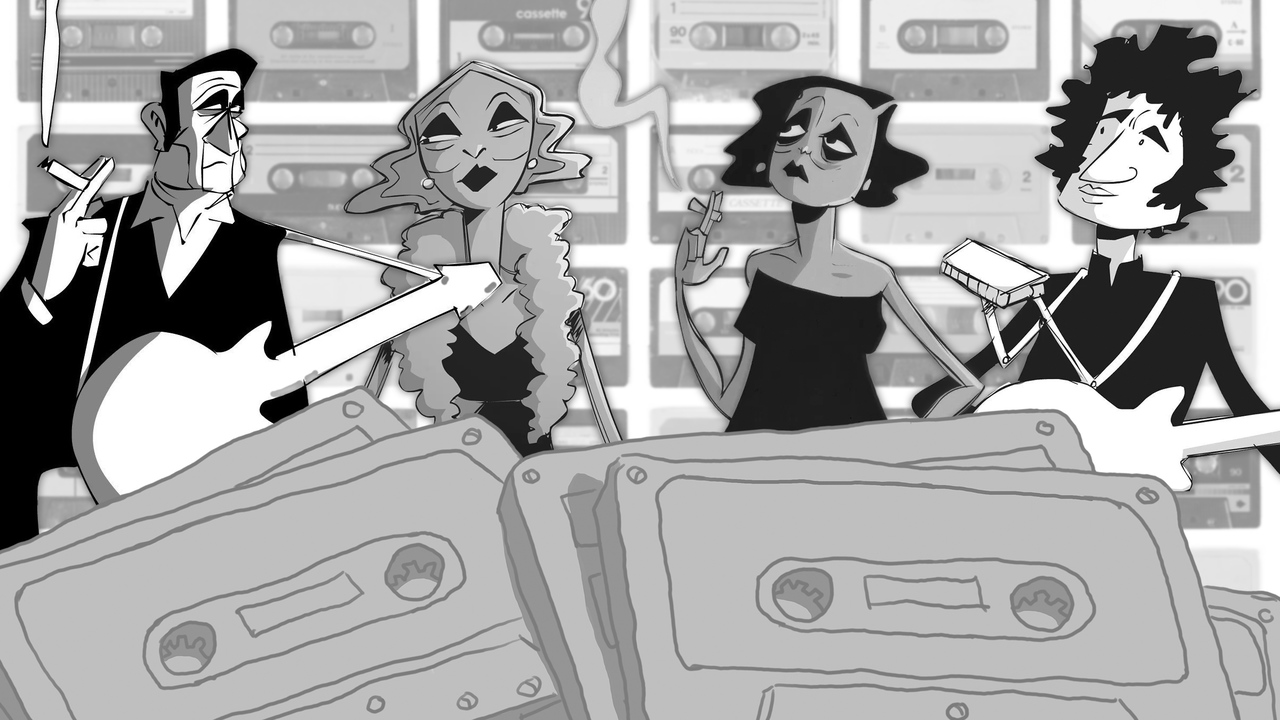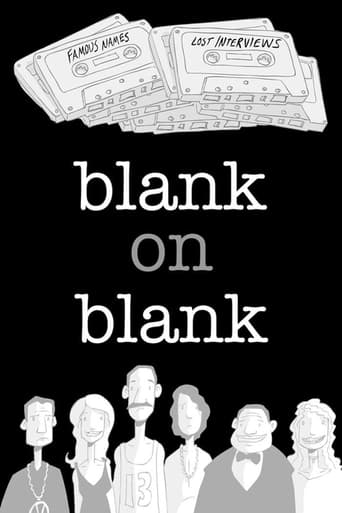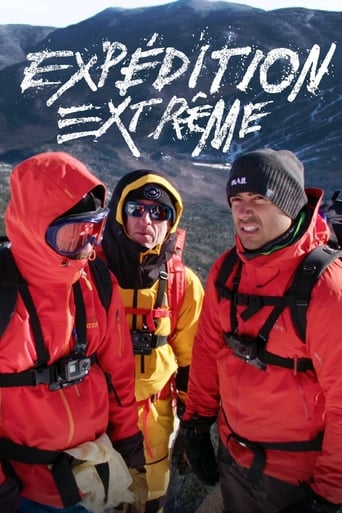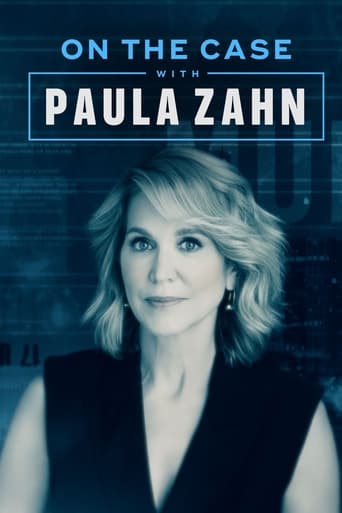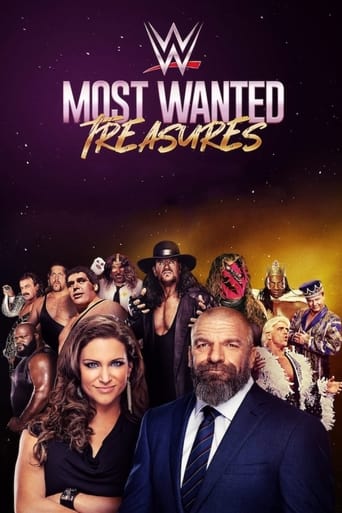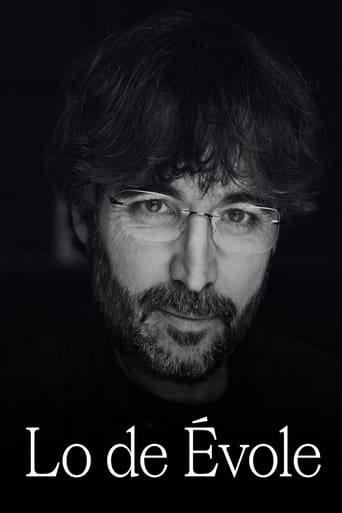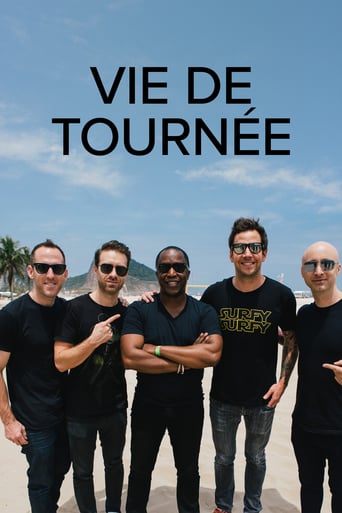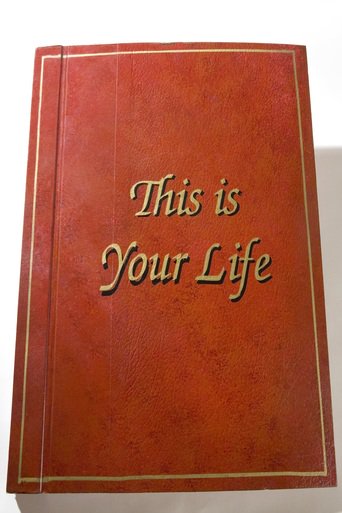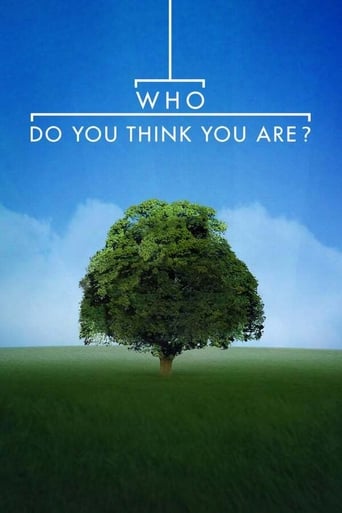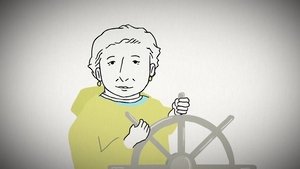
"I have to make my life worth saving, and each day you spend as if it would be your last" - Dame Stephanie Shirley in 2010 from an oral history at the British Library
Computers had their start as a way to turn over the tedium of complicated, repetitive, mathematical calculations to someone else. Sort of the, um, ‘women’s work’ of mathematics and in fact women were often the ones doing the grunt work in the days developing the first computers and the code-writing that would become computer software. They just didn’t tend to get the credit. As a young woman in 1950’s Britain with a talent for math, Stephanie Shirley, found herself in an ever-evolving field of information technology - building computers and writing code, working in places where the world's first programmable electronic computer was invented, exciting stuff. But at work, she found she was often the only woman in the room. "When I first walked in there, about 200, you know, handsome, intelligent men turned round and looked at this new female that had sort of turned up. [laughs] So, and that, you know, took, it was, it was quite, you know, you were... It was almost scary to go into a big place like that, 100, not quite 100 per cent but ninety-nine per cent men." - Shirley said.
And this had its limitations. So she decided to strike out on her own and by doing so she came up with a whole new way to work in the computing industry - a way that allowed women to thrive. As part of our special series, The Experimenters -- uncovering interviews with the icons of science, technology, and innovation -- we found this interview with British IT pioneer and businesswoman Stephanie Shirley in the British Library’s collection of Oral Histories. She explains how from the start, her home-based computer software company was uniquely women-friendly:
Additional support from PRX and The Alfred P. Sloan Foundation
